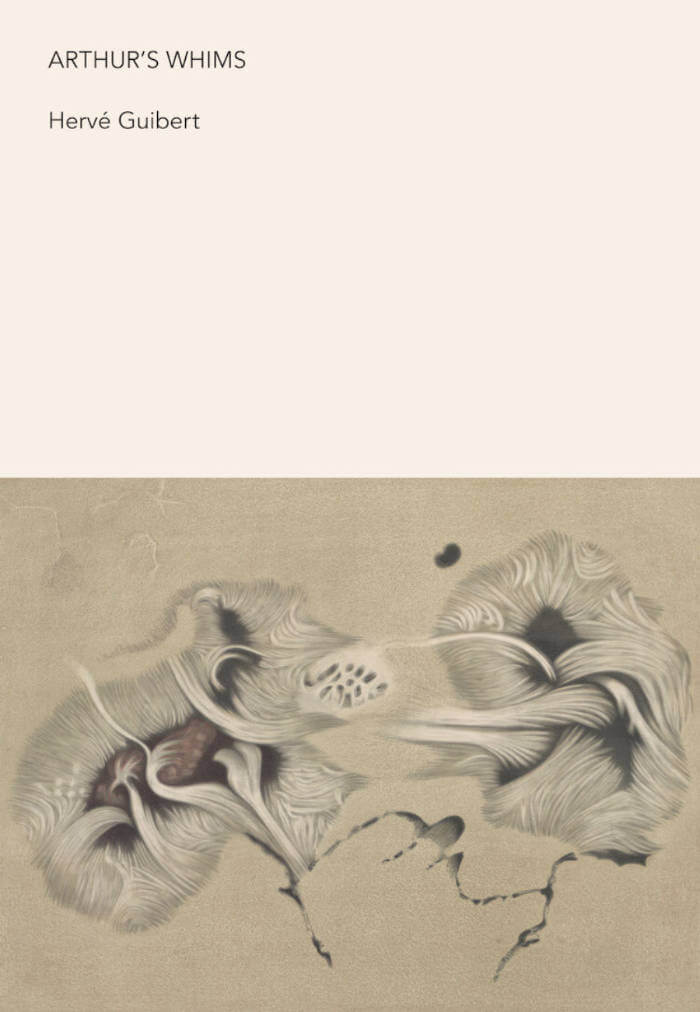
Burden of Ashes
The 20th anniversary edition of a groundbreaking Asian-American queer classic by celebrated author Justin Chin.
Floating somewhere between fiction and memoir, Burden of Ashes is a beautiful and brutal series of short stories in which childhood, homeland, and lovers both real and imagined succumb to whimsy, revision, denial, and truthful embellishment. Within these pages, Chin artfully creates a personal world where snake killings, demonic possession, the enigmatic pleasure of a deep kiss, cruelty, and compassion all co-exist. Actual events and fictional outcomes reconcile what has been lost, outgrown, and abandoned with what never was and what might have been.
With foreword by Alexander Chee.
Justin Chin (1969-2015) was born in Malaysia, raised and educated in Singapore, shipped to the U.S. by way of Hawaii, and resided in San Francisco until his passing. Among other accomplishments, he was the author of seven books, including Gutted (2006), winner of the Publishing Triangle's Thom Gunn Award for Poetry.
Alexander Chee is the bestselling author of the novels Edinburgh and The Queen of the Night, and the essay collection How To Write An Autobiographical Novel. A contributing editor at The New Republic, and an editor at large at VQR, his essays and stories have appeared in The New York Times Magazine, T Magazine, The Sewaneee Review, and the 2016 and 2019 Best American Essays. He is a 2021 United States Artists Fellow, a 2021 Guggenheim Fellow in Nonfiction, and the recipient of multiple awards and honors. He is an associate professor of English and Creative Writing at Dartmouth College.





